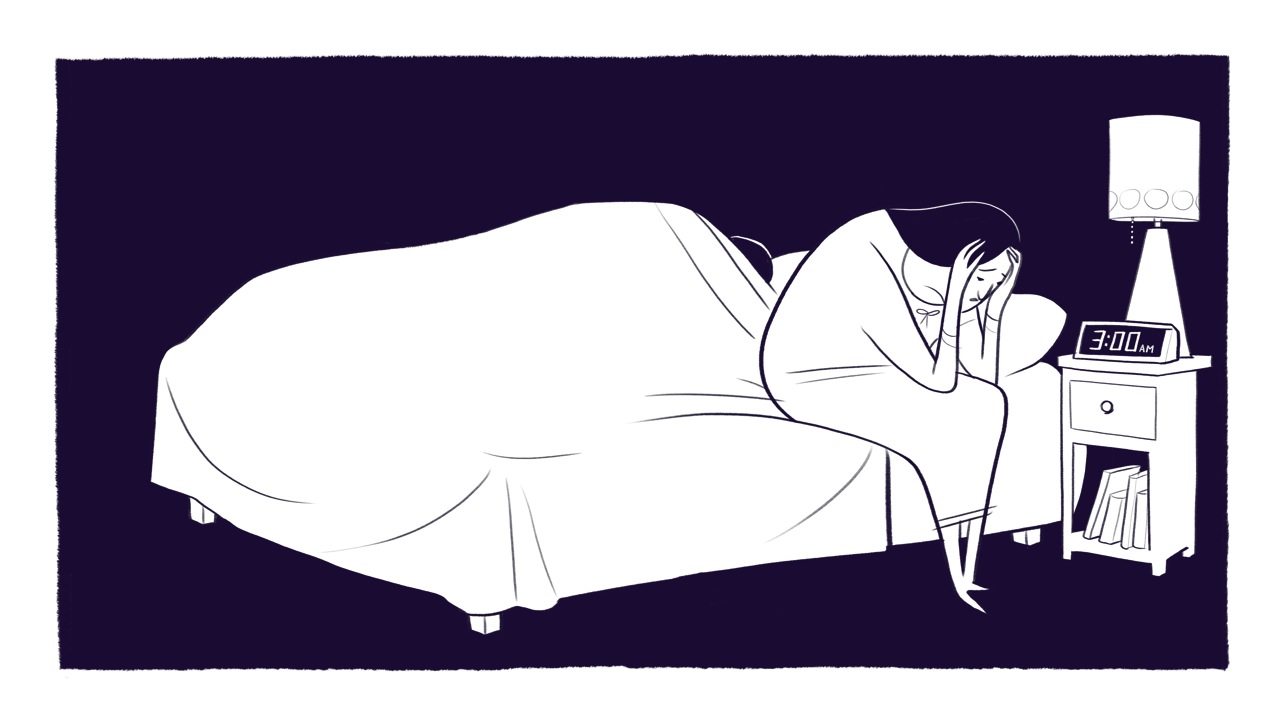[et_pb_section fb_built=”1″ _builder_version=”3.22″][et_pb_row _builder_version=”3.27.4″][et_pb_column type=”4_4″ _builder_version=”3.27.4″][et_pb_text _builder_version=”3.27.4″]
If your loved one struggles with Substance Use Disorder, it is perfectly normal to have feelings of despair and frustration, even anger around their addiction. Yet, it is precisely these strong emotions that get in the way of helping your loved one. Read below for some suggestions to help you deal with these emotions.
[This post originally appeared on our Member Site, where experts respond to members’ questions and concerns. To become a Member and learn how to deal with your loved one’s addiction, click here.]
[/et_pb_text][/et_pb_column][/et_pb_row][et_pb_row _builder_version=”3.25″ background_size=”initial” background_position=”top_left” background_repeat=”repeat”][et_pb_column type=”4_4″ _builder_version=”3.25″ custom_padding=”|||” custom_padding__hover=”|||”][et_pb_text _builder_version=”4.3.2″ background_size=”initial” background_position=”top_left” background_repeat=”repeat” inline_fonts=”Times New Roman”]
Addiction gets into all parts of your life
So you’re mad or hurt or feeling hopeless? This makes total sense. You are living with addiction. Addiction gets into everything, making it feel impossible to trust, making you doubt your love, confounding your plans, and creating massive insecurity.
You’re on this website because you are looking for another way out. To be effective at helping your loved one, you must get a handle on your feelings and learn to take extra good care of yourself.
You will be better able to do this work if you de-stress, calm down, and deal with the difficult feelings that come up when someone is abusing drugs and alcohol in your home or close to you.
In other words, you will not be able to use positive communication skills when you’re angry or in despair. You won’t be able to look for or reward even the tiniest example of your loved one’s non-use. When you’re tired and frustrated, you’re likely to give in or give up.
Four questions to ask yourself when you have negative feelings about your loved one’s addiction
Step 1: What are you feeling?
Some people fear that acknowledging their difficult emotions will actually make the emotions more intense. In fact, the opposite is true. Trying to force your difficult emotions out of your mind without acknowledging and working through them allows those emotions to take root.
Your difficult emotions (grief, anger, pain, guilt, sadness, etc.) are with you, whether you admit to them or not. By giving them a voice ‘by talking or writing about them for instance), you can set them free.
If you avoid or deny your feelings, they don’t go away; they simply go underground. Then they might resurface as headaches, stomach-aches, low energy, insomnia, or sudden, eruptive rage.
Acknowledge your feelings, whatever they are. Try not to judge them or yourself for having them.
Step 2: What is causing the feelings?
Feelings don’t just appear out of nowhere, although many times they seem to, suddenly and strongly. Events happen, or people say or do something, and – BANG! – we feel something.
But if you could slow down your mind, you would notice that we actually think something before an emotion arises. It is this thinking, or self-talk, that actually causes our feelings, not the event or what people say or do.
Imagine some of the different feelings you might have if your loved one calls to say she wants to come by and talk about going into treatment.
If you’re feeling suspicious or even furious, you’re likely thinking, “She has said this countless times, but she never follows through.”
If you’re feeling sad, you’re probably thinking something like, “She is not capable of getting sober. She never has been.”
If you’re feeling joyful and optimistic, you may be thinking, “Maybe this time it will stick.”
The same situation can lead to widely different feelings based on what you tell yourself.
Once we realize the tremendous power we have – the power of choice – then we can learn to control our emotional responses and take better care of ourselves. We can respond more calmly and thoughtfully to what our loved one does and steer them towards reduced use and treatment.
Step 3: How is my thinking affecting the emotion?
You might be adding unnecessary weight to the emotion by your thinking. Professor Lakshman Madurasinghe talks about the many ways we distort our thinking. Here are 10 brief examples:
- Tunnel vision, e.g., “He will use again.”
- ‘Awful-izing’, e.g., ” I can’t bear to go on like this. This is awful.”
- Black and white thinking, e.g., “He doesn’t love me at all; he only thinks of himself.”
- Generalizing, e.g., “I’ll never be happy.”
- Projecting, e.g., “I could tell from the look he gave me that he doesn’t like me.”
- Negative thinking, e.g., “He’s going to treatment but it won’t help.”
- Blame, e.g., “It’s your fault this family is in such trouble.”
- Unfairness, e.g., “It’s not fair, I should be enjoying my retirement.”
- Should’s, e.g., “My daughter should be doing better now that she is older.”
- Heaven’s reward, e.g., “I worked and raised that kid and look how she thanks me.”
Obviously, negative things can and do happen. But when our thinking is distorted by rigid assumptions, we may be making our problems seem much worse.
Step 4: Are you pushing down that feeling?
The reason some emotions seem to last a long time is because they might be very strong or we’re trying to push them down or resist them.
While our loved one is using alcohol or drugs as a way of avoiding feelings, could we, too, be avoiding our feelings by substituting food bingeing, overworking, compulsive gambling, watching too much TV, Internet, or video games, or engaging in risky behaviors?
All of these behaviors give a temporary sense that you are with painful emotions and situations, but they eventually lead to painful consequences in the long-term; in the meantime, your life is on hold.
You have the power to control your reactions
Please remember that you have the power of choice. You can gain control over your reactions by labeling your feelings, exploring the thought behind them, assessing the distortions, and not pushing things down. Rather, notice the emotion and let it pass by practicing good coping mechanisms.
Science is only beginning to understand the many ways the mind and body are related; that every thought or feeling has a reaction in the body, and that these reactions in our body then affect our mind. When you understand and practice managing your negative thoughts and feelings, you will feel happier and, studies show, you can actually get physically healthier.
For more guidance and support in dealing with negative emotions and helping your loved one recover from addiction, join the Allies in Recovery member site today. At Allies in Recovery you will find the support and expert advice you need to help your loved one into recovery. Learn more here.
[/et_pb_text][/et_pb_column][/et_pb_row][/et_pb_section]



